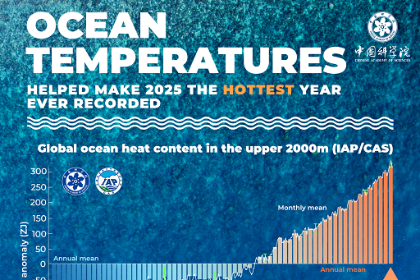Neither 'Wuhan virus' nor 'Los Angeles virus'


Is China trying to deny its "disgraceful role" in a "global pandemic" by strongly opposing the use of "Wuhan virus" or "China virus" to describe the novel coronavirus? And has China put the whole world on edge because of its inability to contain the virus in Wuhan, Hubei province, in the initial stages?
Yes, claim many Western media outlets and politicians.
But has the world heard of "Los Angeles virus" or "US virus"?
In June 1981, a rare type of pneumonia was detected in five previously healthy young men in Los Angeles. Epidemiologists had to conduct studies for 18 months to identify the acquired immunodeficiency syndrome (AIDS) and its major risk factors.
The lethal disease has spread from the United States to the rest of world in the past 39 years. According to UNAIDS, in 2018 an estimated 37.9 million people, including 1.7 million children, were living with HIV and 770,000 died of AIDS-related illnesses. And since the first cases were reported, a total of about 74.9 million people have contracted HIV and 32 million people have died of AIDS-related illnesses.
Has anyone used "Los Angeles virus" to describe HIV? Have people attacked the US for failing to keep the deadly disease within its borders? Do people panic over the disease that claimed 770,000 lives in 2018 alone?
The answers are no. It was in 2007, 26 years after the first AIDS cases were reported in Los Angeles, that biologists at the University of Arizona put forward a hypothesis that HIV was carried from Africa first to Haiti and then to the US way back in 1969.
Have people rejected the hypothesis, saying the US is trying to cover its "role" in "creating and spreading" HIV/AIDS?
No. On the contrary, the hypothesis has been widely accepted.
To determine where a new kind of disease or virus originated, scientists need a long time to track down the pathogen, "patient zero", or "ground zero". And even a century after the influenza pandemic of 1918-20, more widely known as "Spanish flu", killed about 40 million people, there are different hypotheses about its place of origin-from France to the US, to even China.
The opposition to linking the novel coronavirus with Wuhan, the epicenter of the outbreak in the country, is not China's attempt to shirk its responsibility as COVID-19 cases outside China continue to rise sharply, but because epidemiologists and other experts need time and arduous research to find out where it originated. In early February, in the initial stages of the outbreak, at least 12 people in Japan had contracted the disease despite not having a travel history to China or coming in contact with a Chinese national. And at the hearing in the US House of Representatives on Wednesday, the Centers for Disease Control and Prevention Director Robert Redfield admitted that it was possible some Americans who appear to have died of influenza may actually have died of the novel coronavirus as the CDC's surveillance system for pneumonia does not cover every city, every state, every hospital.
The novel coronavirus is the common enemy of humankind. And people who have suffered and even lost their lives in the epidemic should not be blamed for that. Before the puzzle of determining the place of origin of the virus is solved, people shouldn't display their ignorance by casting aspersions on others, especially the victims. If some media outlets and politicians such as US Secretary of State Mike Pompeo continue to link the virus with "Wuhan" or "China", they would be spreading racial hatred.
Take a look at the chain of discrimination that is emerging because of prejudice. In a recent column in The New York Times, a Chinese author described how a woman of Vietnamese origin in an Asian community in the US yelled at her for "eating weird food and bringing it here". Asians have become an eyesore for many Westerners now. A college student from Singapore was beaten up in London by a group of men who told him that they didn't "want your coronavirus in my country". Such biased attacks will undermine the joint efforts to fight the pandemic, and they should stop.
True, all 15 makeshift hospitals in Wuhan were closed on Tuesday, suggesting China is closer to reining in the outbreak. But let us not forget what China has sacrificed in the battle against the disease: the whole Hubei province is under lockdown, China's economic growth may slip to as low as 3.5 percent in the first quarter. Nor should we forget the contribution of more than 40,000 medical staff from across the country who went to Wuhan to take care of the patients. And the measures China has taken to control the epidemic will not only better protect its people, but has also created a window of opportunity for other countries to fight against the disease, as WHO said.
Indeed, China should learn many lessons from the anti-virus fight, including how to strengthen public health governance in the early stage of an outbreak. Such painful lessons, as well as experiences, are valuable reference for other countries tackling an epidemic.
Wuhan's sacrifices, Hubei's sufferings, China's battles. The stories of the city, the province, and the country should not be demonized. And calling the novel coronavirus "Wuhan virus" or "China virus" is the worst form of demonizing. It should stop.
The author is a writer with China Daily.

































